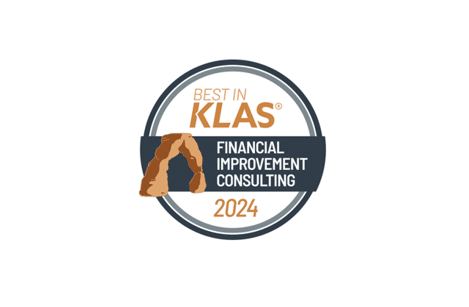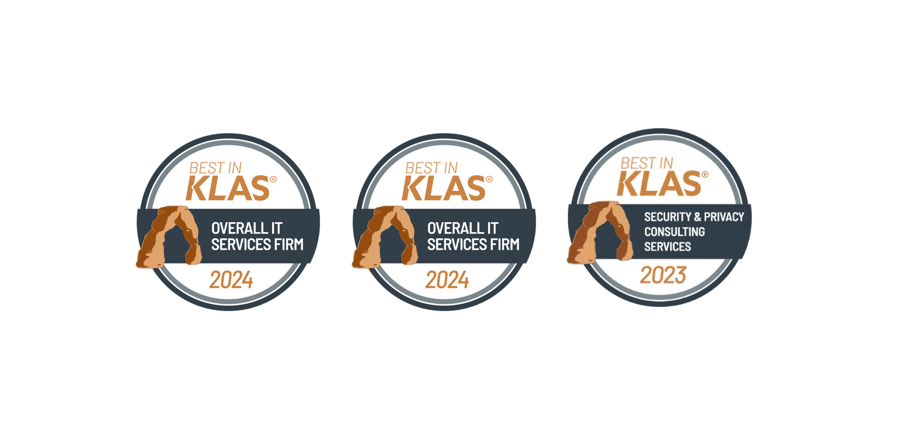Legacy Data Management

Most healthcare systems – whether implementing a new EMR or acquiring another system and integrating under one EMR – typically do not have a comprehensive Legacy Data Management plan. Though, at a minimum, conversions are often thought out, data abstraction and archiving are typically not as well planned. In fact, many delivery organizations assume that legacy system costs and maintenance simply goes away. In the past we’ve worked with our clients on various projects and treat elements of Legacy Data Management as a part of the overall project. We realize more and more clients are looking for a more complete solution.
Impact Advisors now offers a comprehensive service for Legacy Data Management that encompasses Conversions, Data Archiving and Chart Abstraction. With our Strategic and Tactical planning, we offer a wide variety of services to assist in guiding our clients to make informed decisions toward all aspects of Legacy Data Management.
We believe effective Legacy Data Management includes three components:
Conversion
The automated movement of key defined clinical/revenue cycle data elements from the legacy system to the new target system based on organizational needs. Typically this is planned around a system’s activation and may include data elements concerning MPI, encounters, lab results, radiology results, etc.
Data Archiving
The effort of storing historical data from legacy systems being retired, primarily to meet state and federal regulations and to enable provider access to historical clinical information. Similar to Conversion activities, this is an automated process. Data Archiving is typically tied to retiring expensive legacy systems yet allowing for data access.
Data Abstraction
This is manual data entry efforts of key defined clinical/revenue cycle data elements based from legacy system to the new target system based on organizational needs. Typically occurs pre-Go Live and might include: appointments, active orders, allergies, medications, immunizations, problem list and history (Medical, Surgical, Social and Family).
Areas we add value include:
Assessment
Although organizations might differ in terms of size, geography and culture they are faced with many of the same underlying issues. Our methodology, assessment experience and tools and techniques will quickly and efficiently identify any gaps, value-add or areas of focus for the organization whether it be in financial/clinical conversions, abstractions and/or archiving.
Selection
In our data selection process, we follow Governance guidelines and develop the scope of Applications Inventory, Data Retention, Data Access Options, Integration and Reporting Requirements.
Implementation
Impact Advisor’s Project Managers play a pivotal role in assisting our clients in establishing an efficient governance process. Our structure makes value-add decisions that ensure successful conversion, abstraction, archival and migration of data.
In our experience, as clients begin to understand the complexity of Legacy Data Management, they begin to comprehend that a key determiner to a successful project is a comprehensive historical data plan. This means a plan that not only encompasses electronic Data Conversions but also addresses manual Data Abstraction as well as a strategy for ultimately archiving longer term data requirements. Impact Advisors has the skills and experience to effectively bring these elements into a complete plan that integrates well with your EMR or systems integration.
























